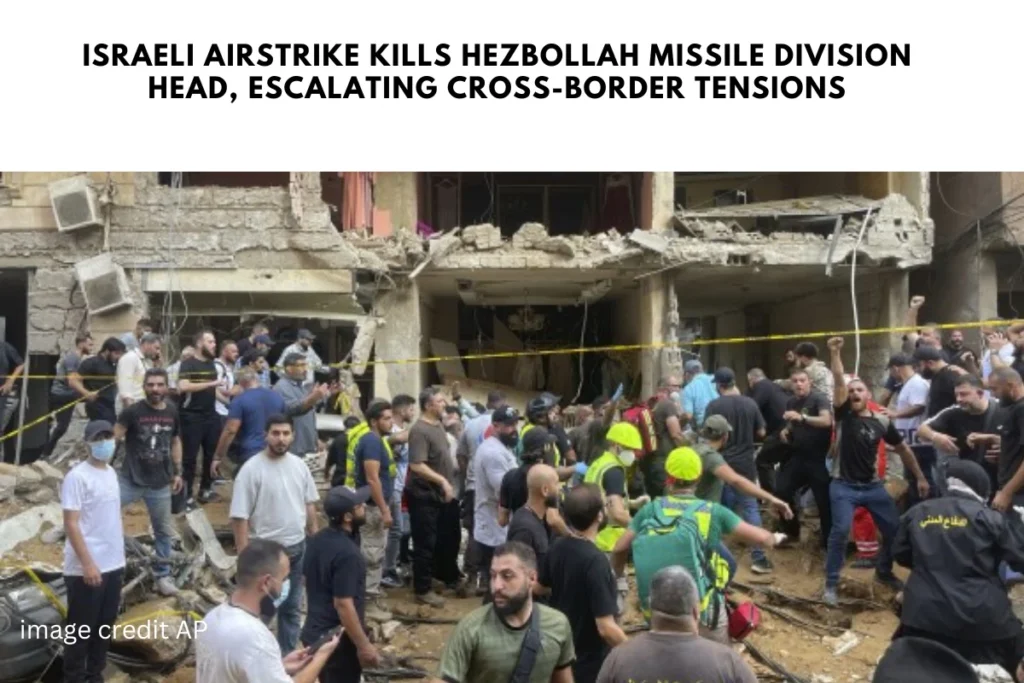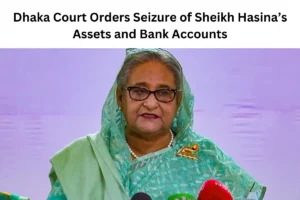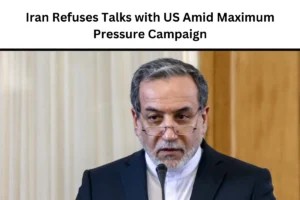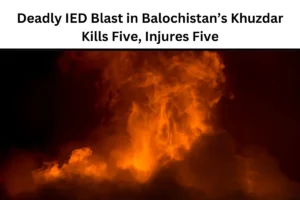
Israeli Airstrike Kills Hezbollah Missile Commander Amid Rising Tensions
An Israeli airstrike in Beirut on Tuesday killed Ibrahim Qubaisi, the head of Hezbollah’s missile division, marking a major escalation in the ongoing conflict between Israel and Hezbollah. The cross-border violence continued as Hezbollah, backed by Iran, launched over 300 rockets toward Israel.
Ibrahim Qubaisi’s Role and Death
Ibrahim Qubaisi, a senior Hezbollah commander, was responsible for overseeing the militant group’s missile and rocket operations. He had been a key figure in Hezbollah’s missile strategy for decades. The Israeli Defense Forces (IDF) confirmed his death after striking the Dahiyeh suburb of Beirut.
Qubaisi’s death comes after Hezbollah fired hundreds of rockets at northern Israeli cities, including Haifa, Safed, and Nazareth. Air raid sirens blared across the Galilee region as Israel faced the barrage.
High-Ranking Commanders Eliminated
Along with Qubaisi, two other senior Hezbollah commanders were reportedly killed in the same airstrike. Both leaders had been involved in missile operations, which Israel considers a growing threat to its security.
Hezbollah acknowledged Qubaisi’s death, calling him a martyr and praising his contributions to their fight against Israel.
A Veteran Hezbollah Figure
Qubaisi had been a part of Hezbollah since the 1980s. He played a critical role in shaping the group’s missile and rocket capabilities. He also had a close relationship with other senior military leaders within Hezbollah.
Notably, Qubaisi was involved in Hezbollah’s infamous 2000 Mount Dov operation, where three Israeli soldiers were abducted. This act earned him high status within Hezbollah’s military ranks.
Civilian Casualties in Airstrike
The airstrike that killed Qubaisi also resulted in civilian casualties. Lebanon’s Health Ministry reported that six civilians died, and 15 others were injured in the Dahiyeh suburb. This incident is part of a broader escalation in violence, which has already claimed hundreds of lives in Lebanon, primarily due to Israeli airstrikes.
A Growing Threat of Regional War
This latest round of missile exchanges follows increased hostilities between Israel and Hezbollah, triggered by the Gaza war that began in October 2023. There are fears that the conflict could widen into a multi-front war, drawing in Iran-backed groups from Yemen and Iraq.
International Calls for Restraint
United Nations Secretary-General Antonio Guterres has warned that Lebanon is on the edge of disaster. US President Joe Biden has urged both Israel and Hezbollah to avoid further escalation.
Netanyahu’s Firm Stance
Israeli Prime Minister Benjamin Netanyahu vowed to continue striking Hezbollah’s military targets. He declared that Israel would destroy any home sheltering missiles and that the strikes would continue as long as Hezbollah remained a threat.
(This story is published from a syndicated feed and has not been edited by ANN Media, except for the headline.)
for more updates follow ANN MEDIA on facebook , X , Instagram and Linkedin







